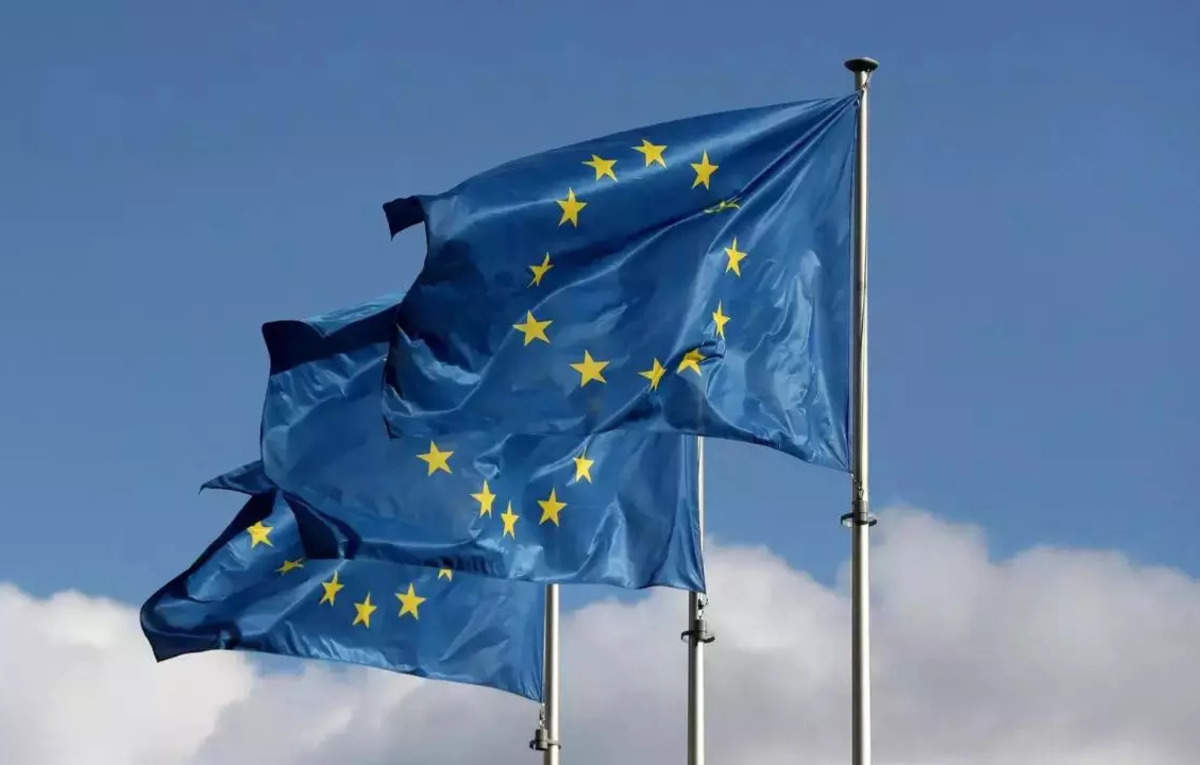EU Adapts Hydrogen Policy to Reduce Dependency on Chinese Renewable Energy
Key Ideas
- The European Union is revising its hydrogen grant rules to limit reliance on Chinese renewable energy components, with upcoming auctions favoring local companies.
- China's dominance in solar and EVs has raised concerns, prompting efforts to protect the EU's security of supply and bolster its industrial competitiveness.
- Former ECB head Mario Draghi's report highlights the need for a coordinated industrial strategy to face competition from the US and China.
- European industry calls for streamlined procedures to navigate the complexities of green legislation and ensure growth in the renewable energy sector.
The European Union has made adjustments to its rules governing hydrogen grants to address concerns about overdependence on China in the renewable energy supply chain. With China's growing influence in solar, electric vehicles, and wind power, the EU aims to safeguard its security of supply and enhance its industrial competitiveness. The EU's Hydrogen Bank is set to conduct its second auction, offering 1.2 billion euros in grants to new projects, with stricter criteria favoring local companies and limiting the use of Chinese-made parts.
The move comes in response to fears that relying on Chinese components could lead to irreversible dependency, particularly in electrolysers. A recent report by Mario Draghi emphasized the importance of a coordinated industrial policy for Europe to stay competitive against global rivals. Draghi recommended focusing on industries where the EU has a competitive advantage rather than engaging in sectors already dominated by foreign players.
European industry stakeholders have long criticized bureaucratic obstacles hindering growth, especially with the introduction of new green legislation under the European Green Deal. Simplifying procedures and reducing red tape have been highlighted as crucial goals by European Commission President Ursula von der Leyen.
The adaptation of the EU's hydrogen grant rules aligns with the broader strategic effort to secure a resilient European supply chain and transition towards sustainable energy practices. By prioritizing local companies and encouraging innovation in renewable energy projects, the EU aims to strengthen its economic resilience and reduce reliance on external sources for critical components.
Topics
Africa
Renewable Energy
Energy Security
Sustainable Development
EU Policy
Economic Competitiveness
European Commission
Latest News
